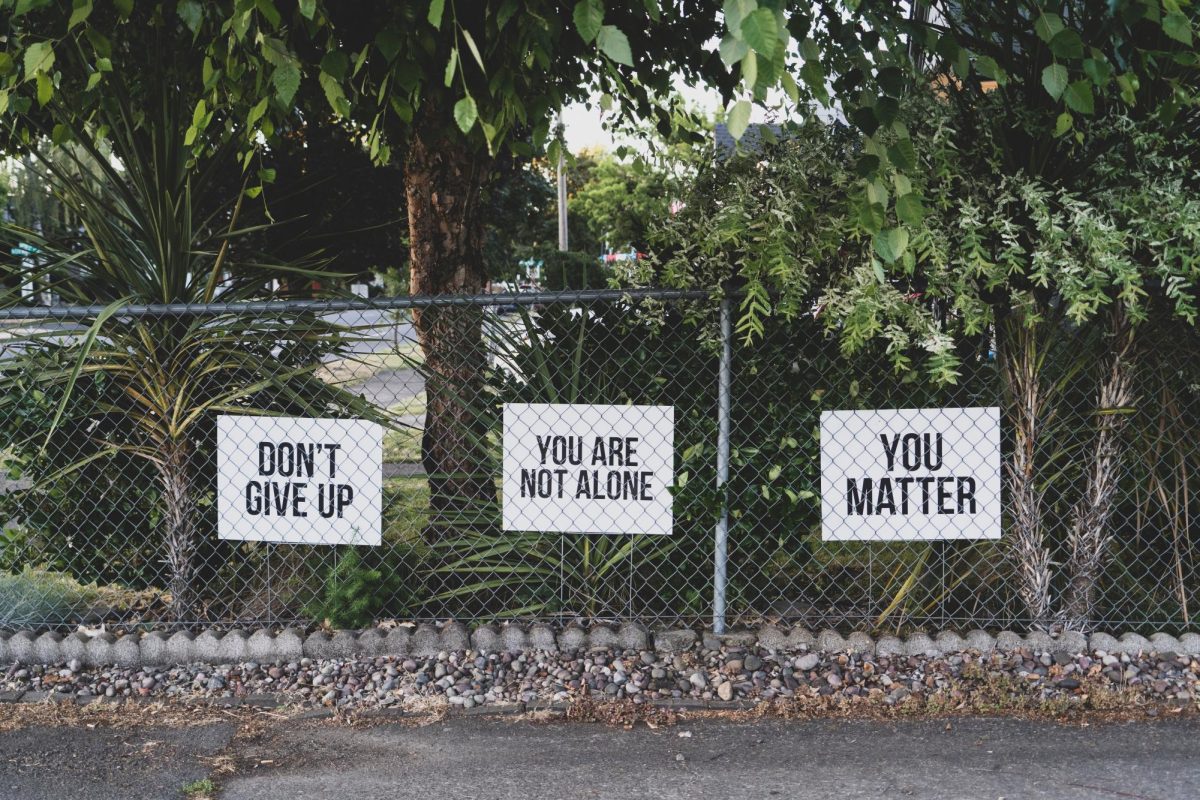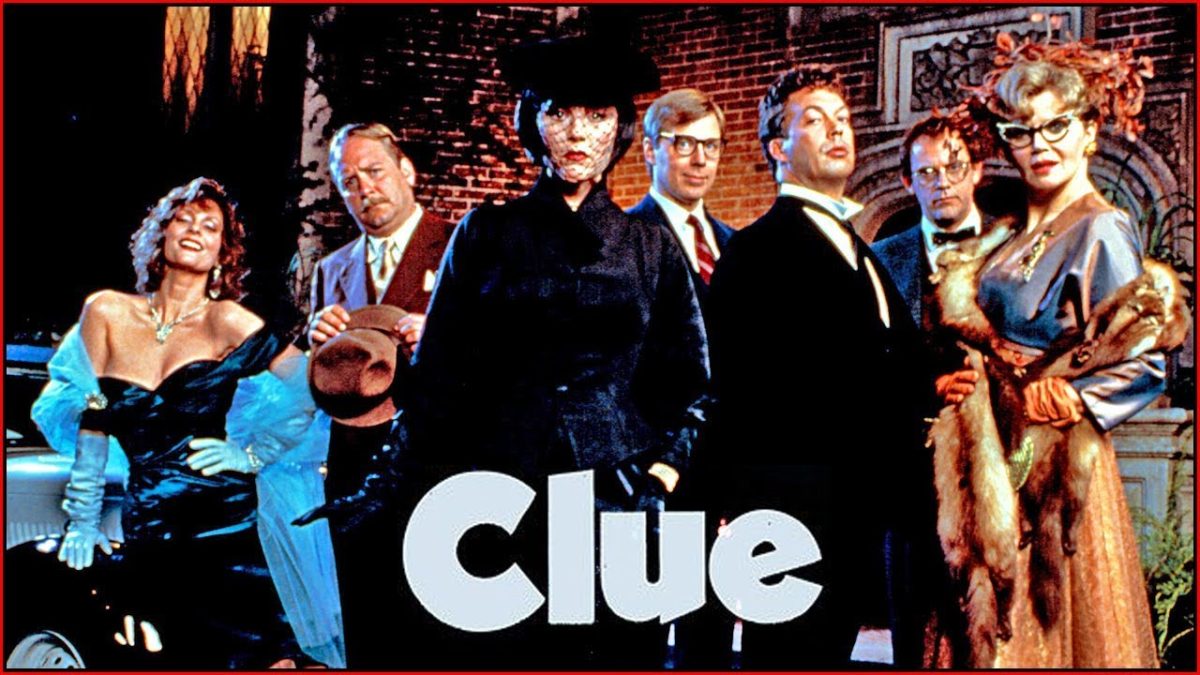When Bailey Prendergast was a kid, she had an admiration for science. Growing up she looked up to women in science and these role models influenced her decision for a career path tremendously, “They made me feel confident in my abilities regardless of my gender,” she explained.
When choosing her major, she knew her passion was in science and biology came naturally for her. With this comes the setback of stigma against women in the science, technology, engineering, and mathematics fields, “In STEM it sometimes makes me feel like I’m defying the odds against me by succeeding in what I do which makes me want to work so hard towards my degree.”
Prendergast chose Western New England University as her education stepping stone into her career. When entering school, “it can feel intimidating because of the overwhelming male presence in some of my core classes,” she stated.
Female students and Professors have seen a lack of gender representation in their departments and career paths. Often they feel disappointed and believe that STEM should be equally represented and supportive to all genders, which starts at the core, education.
Sexism has often been a struggle in careers overall for women, especially in STEM paths. However, throughout the years the number of women in STEM has increased significantly, “In 1970, women made up 38% of all U.S. workers and 8% of STEM workers. By 2019, the STEM proportion had increased to 27% and women made up 48% of all workers.” (Census.gov)
Even if STEM majors don’t experience sexism at an education level, they often fear for their future careers. “It can be discouraging to want to pursue such a degree when you have to worry about securing a job after getting your degree because of such discrimination,” Prendergast stated.
Alyssa Hale is a Sophomore at Westfield State University and is a Math major. “Being a woman in Math almost every single time I say I am a math major the follow-up question that I receive is, ‘oh so you must want to be a teacher?’” Men often are asked a different question, “What is your goal as a math major, or what career are you pursuing?”
“I think one of the most effective things schools can do to provide a more gender-inclusive and unbiased environment is normalize caretaking as part of the identities of folks in STEM,” Professor Weglarz at Westfield State University explained.
A further problem women face in STEM and other career paths is the lack of resources, “Graduate schools rarely have maternal leave policies, graduate student insurance is often not set up to adequately cover the costs of delivery, and it is often difficult to get a dependent covered on that insurance,” Professor Weglarz explained.
When attending grad school, Professor Weglarz noticed the difficult balance of starting a family while pursuing further education. She brought up a problem-solving point for universities to consider, “If we recognize that it is normal for people in STEM to have these responsibilities we make more space for everyone,” she continued. Allowing accessible and inclusive resources for students beginning families in grad schools, allow women to be a part of STEM. Thus balancing the scales of gender in these career paths. “I think we’ve come a long way but we still have a ways to go,” Professor Weglarz concluded.
































